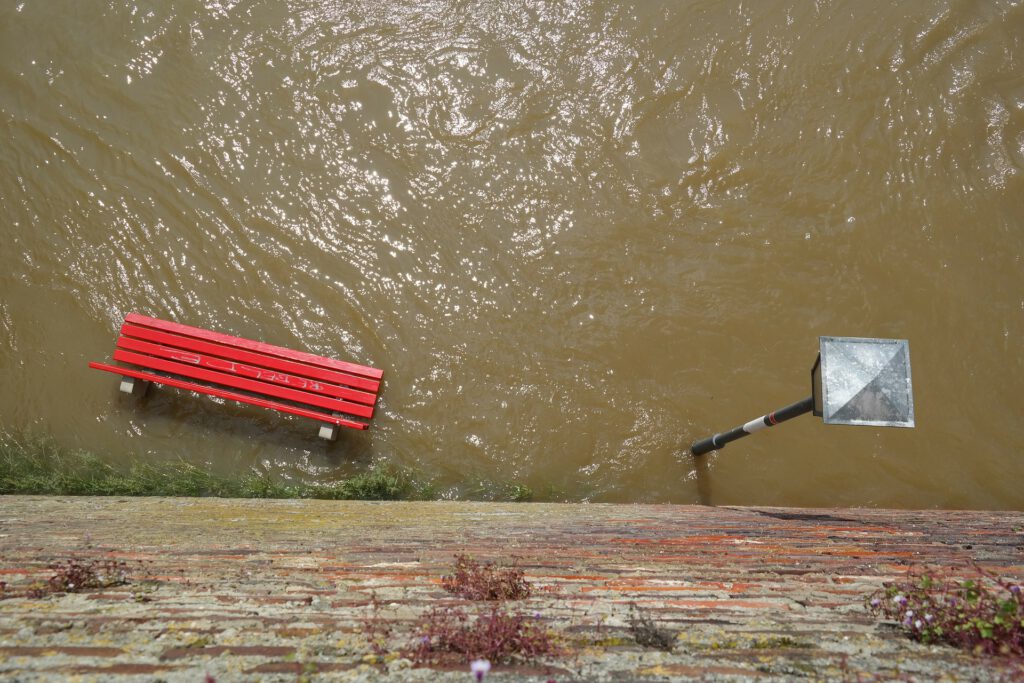University plays key role in £1.2 million project tackling flood and landslide hazards

The University of Plymouth (@PlymUni) is playing a key role in a £1.2million project to reduce risks related to landslides and floods.
SENSUM (Smart SENSing of landscapes Undergoing hazardous hydrogeological Movement) has been awarded funding by the Natural Environment Research Council (NERC) under its Constructing a Digital Environment programme and will begin in October.
It will develop new monitoring technologies to reduce the risks associated with hydrogeological hazards, and is being led by the University of Exeter in collaboration with the Universities of Plymouth and East Anglia.
Floods and landslides affect various parts of the world every year, both inland and along coastlines, causing disruption, occasional fatalities and severe economic loss. An increase in storminess under climate change and population pressure is resulting in an increase in these hazards, as well as threatening the defences put in place to manage them.
Traditionally, landslides and floods have been monitored separately, using a combination of satellite-based remote-sensing techniques and wired ground-based instruments to measure factors such as river flow level, slope displacement and soil moisture.
SENSUM proposes a new integrated way to tackle these hazards, taking advantage of advances in Wireless Sensor Network (WSN) and Internet of Things (IoT) technologies, microelectronics and machine learning.
WSNs show great potential for monitoring and early warning of these hazards. Their main advantage is in the use of easily deployable, low-power sensors that enable continuous, long-term, low-cost monitoring of the environment.
WSNs send and receive data via an internet-based server in real-time, making them part of the growing Internet of Things revolution, in which devices are interconnected and may talk to each other without human intervention.
The Plymouth element of the project is led and coordinated by Dr Irene Manzella, Lecturer in Engineering Geology and Geohazards, who has designed innovative laboratory experiments which will be carried out using state-of-the-art COAST Laboratory flume facilities at Plymouth.
The University team will also involve a Post-Doctoral Research Assistant, Professor in Environmental Fluid Mechanics Alison Raby, Associate Professor in Active and Neotectonics Dr Sarah Boulton, and Professor of Geoscience Communication Iain Stewart.











Responses